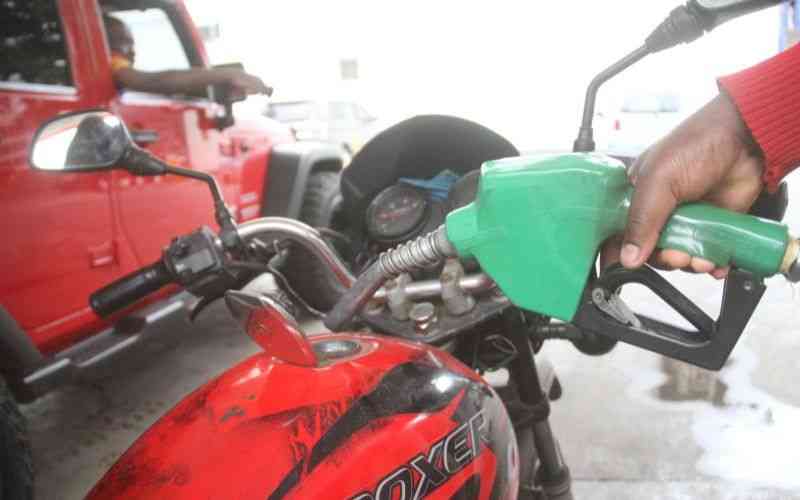×
The Standard e-Paper
Informed Minds Prefer The Standard

Audio By Vocalize

Barely a year after taking office, President William Ruto continues to face tough economic choices with Kenyans looking to the government to lower the cost of living.
The latest is that the President has been pushed to make a tough choice between keeping his promise not to subsidise fuel or cushion Kenyans against the impact of higher fuel prices.
